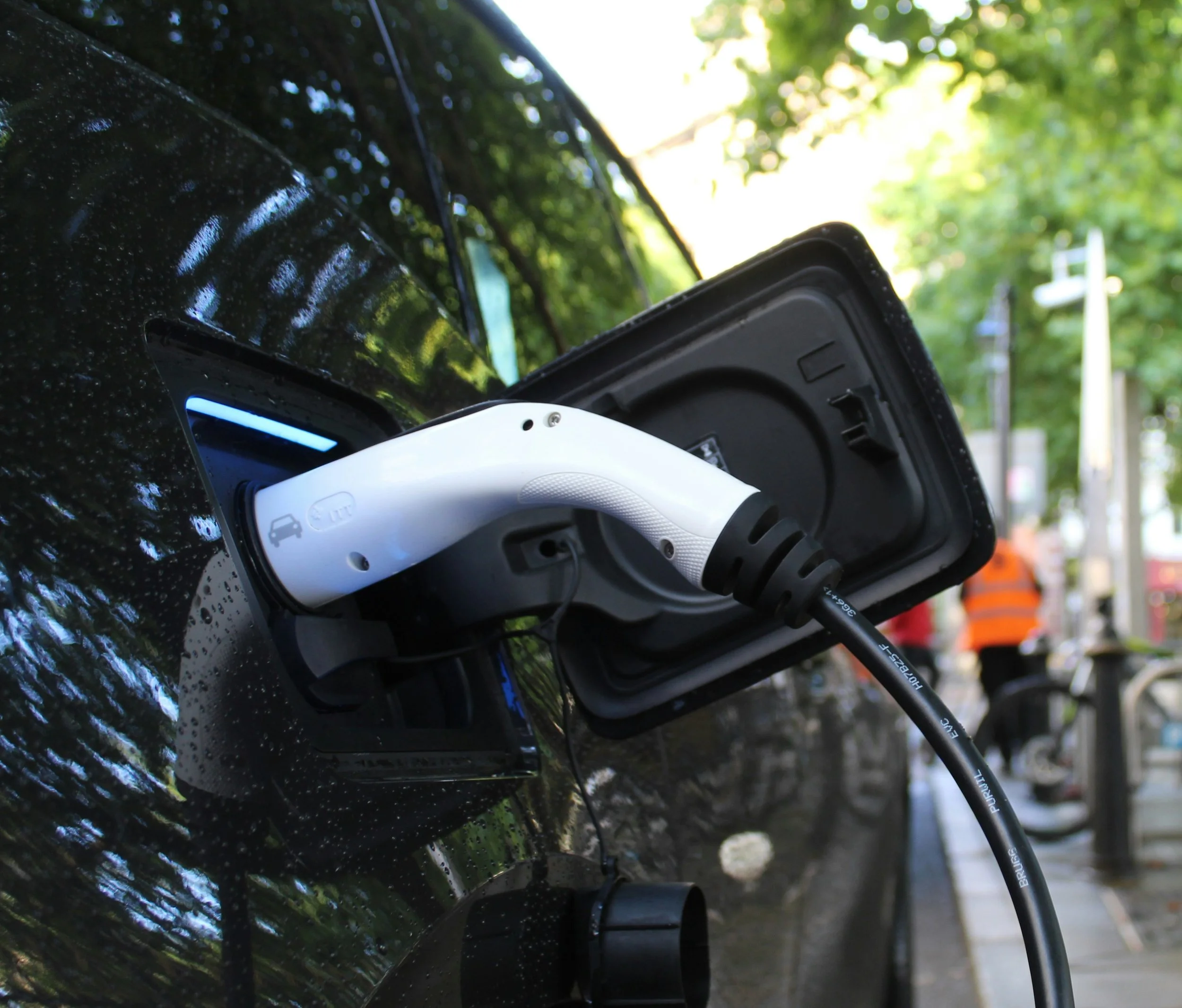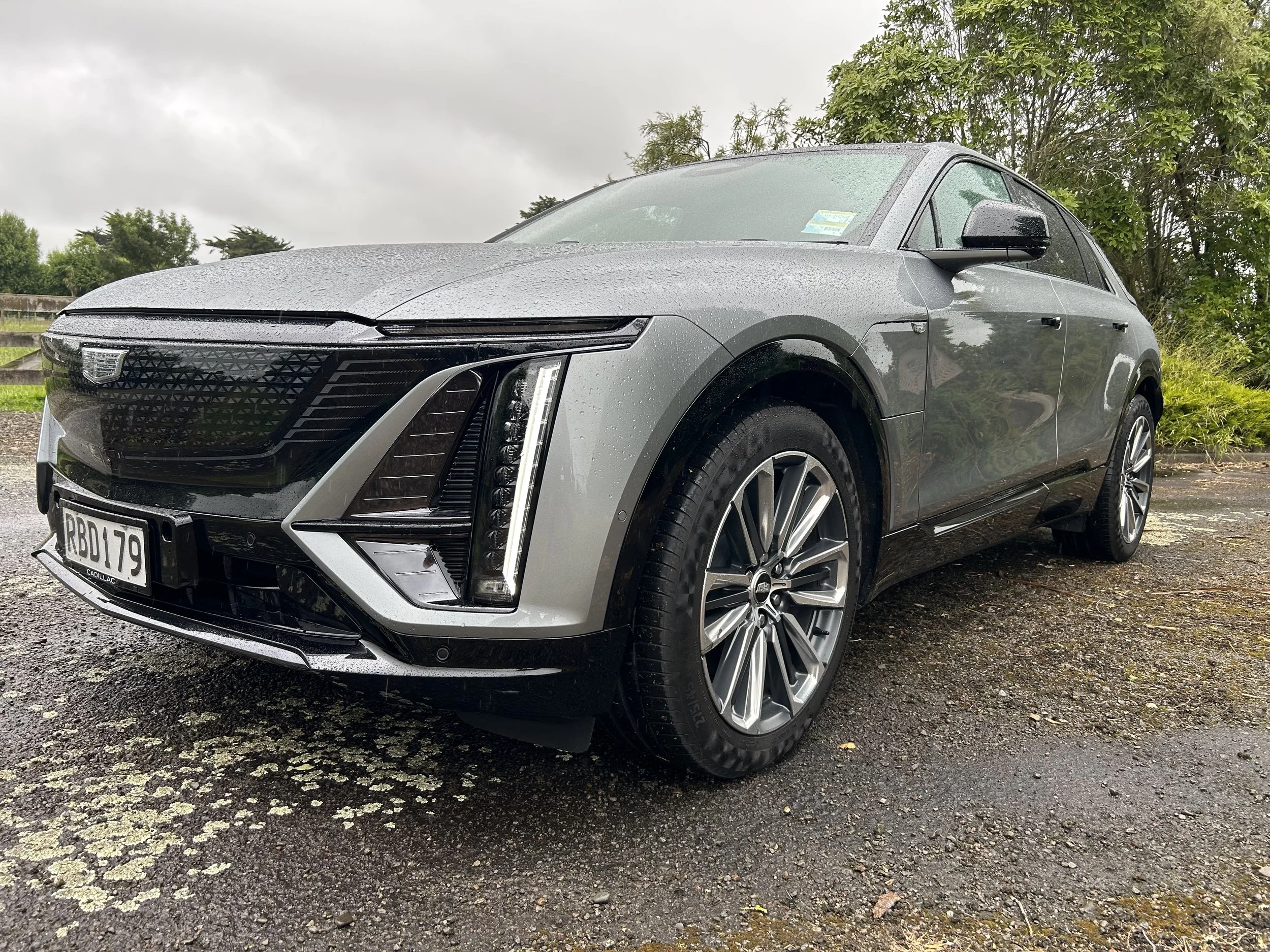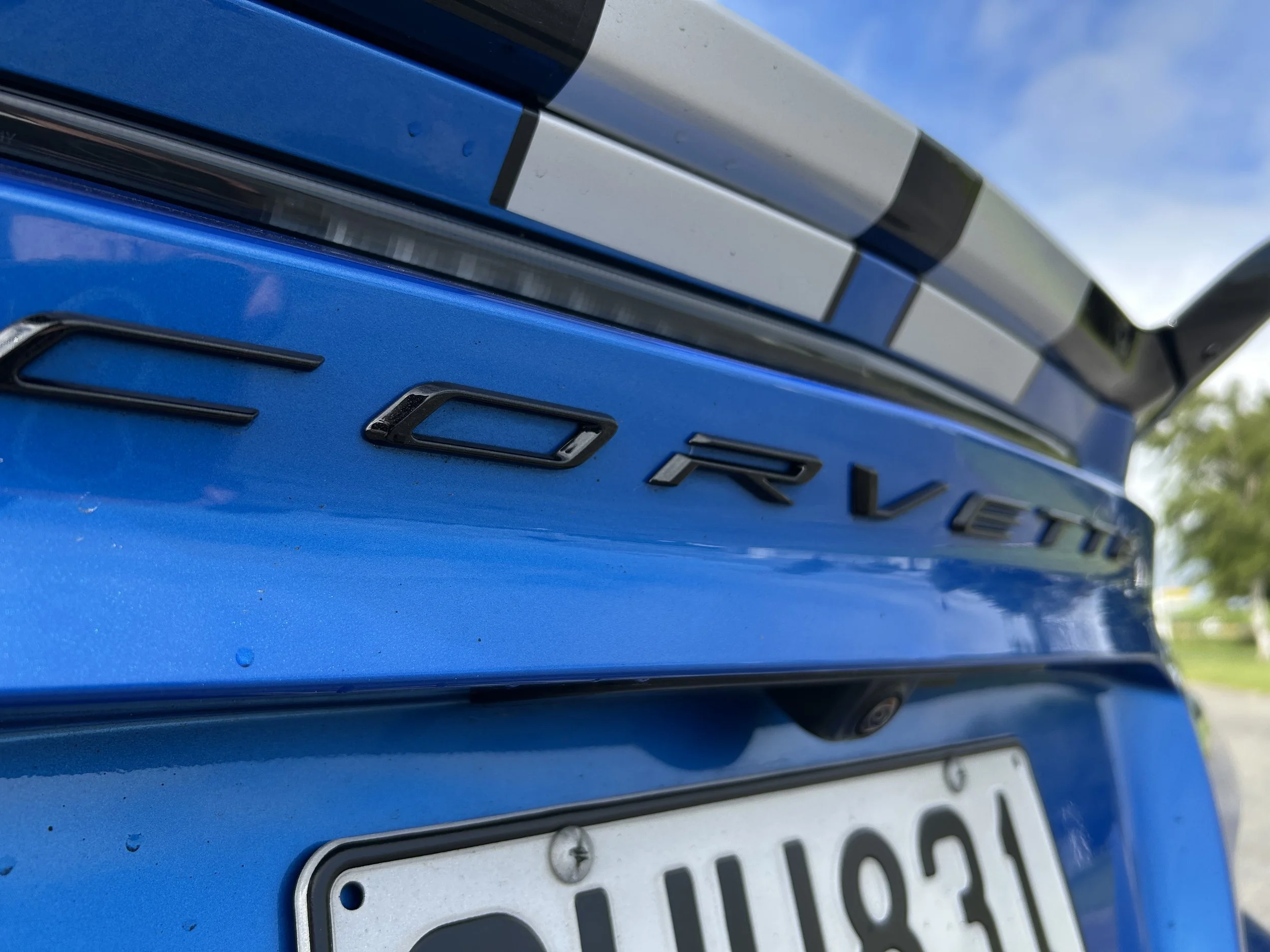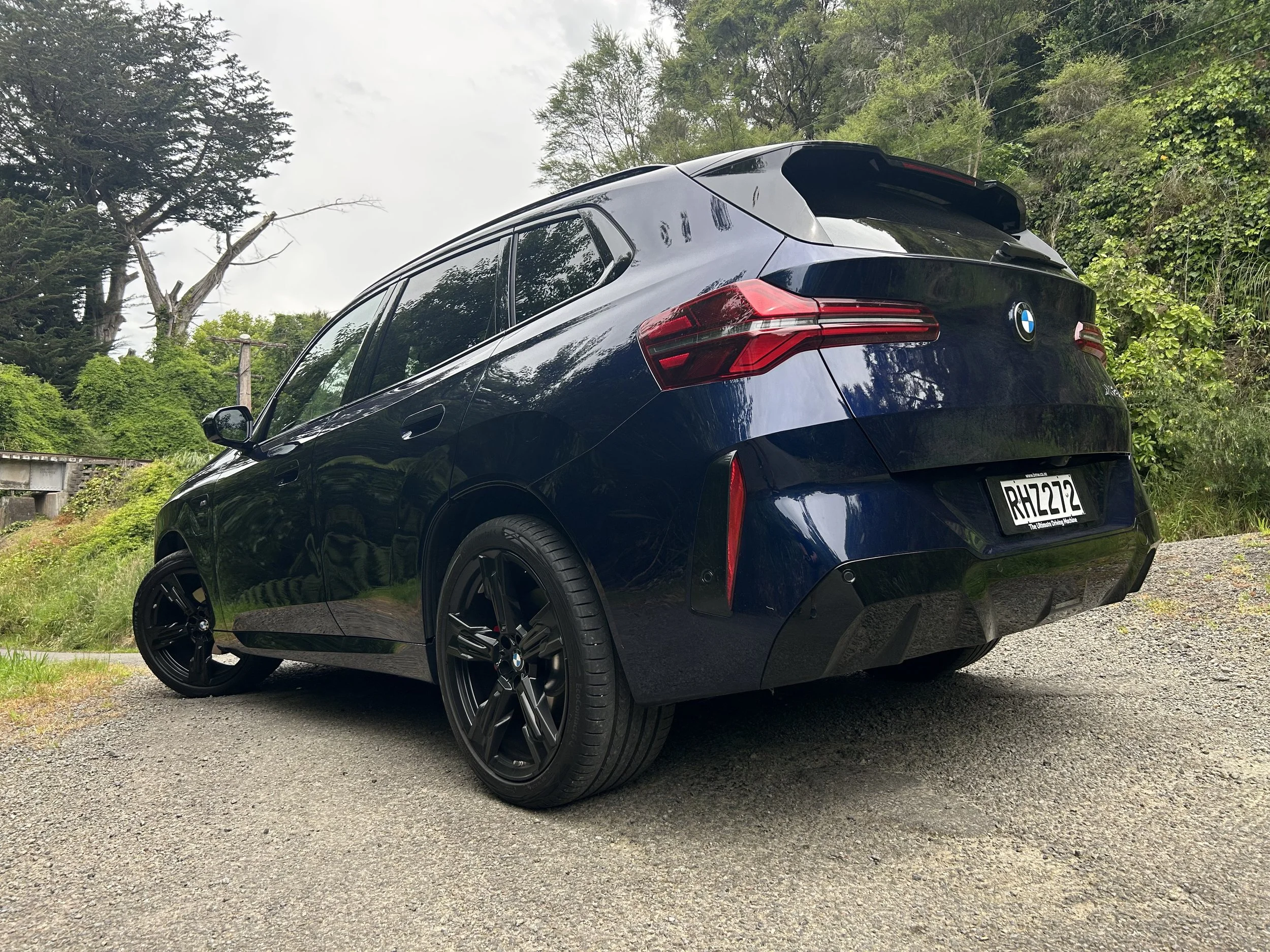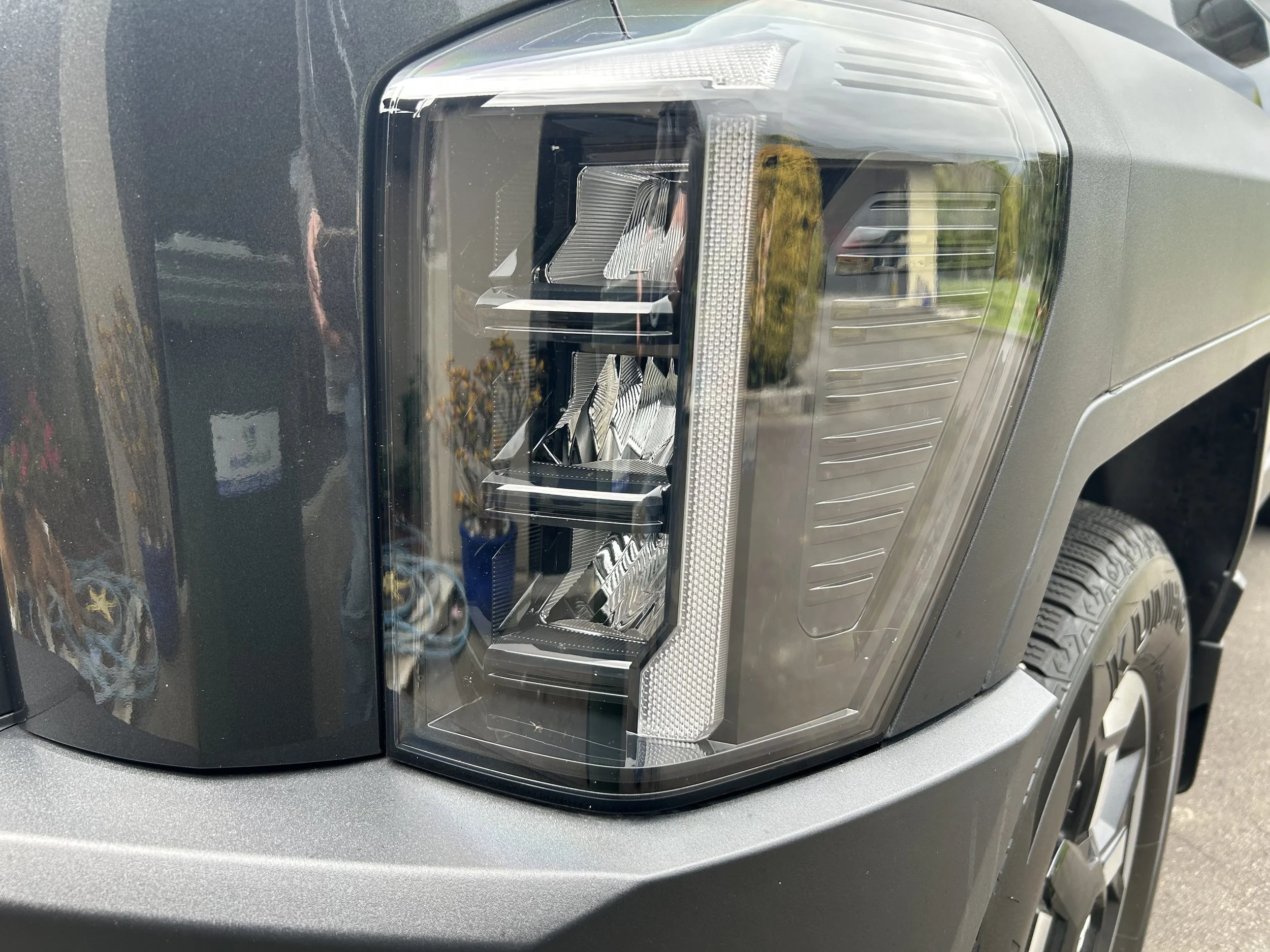No Hyundai NZ commitment to Ioniq yet linkedin facebook Pinterest tumblr Google+
/The Hyundai Ioniq is a huge leap forward, the world’s first car to be offered with three battery-involved powertrain options: It seems to be a car with a Kiwi future. So what makes the local distributor so cautious?
SEE how the neighbour goes with it: That’s the surprise response from Hyundai’s New Zealand provider in respect to a ground-breaker hatch that has potential to send its biggest rival, a Kiwi favourite, into the dark ages.
Hyundai head office has begun to speak openly about its Ioniq, ostensibly a Toyota Prius competitor but in fact so much more in that it will ultimately format as a fully electric vehicle and a plug-in hybrid as well as a more familiar hybrid car.
Ioniq will go into production, initially in a hybrid format the maker has indicated will cost around the same as the Sonata sedan that sells here for between $45,990 and $55,990, after its full unveil at the Geneva motor show in March.
Australia is among immediate recipients, with expectation of having it on sale after June … but New Zealand is a different story.
Hyundai Motors New Zealand says while it is intrigued by Ioniq, it is not yet ready to commit.
"We are very interested (but) there are a number of factors that we need to assess before we can make a commitment to bringing the product in including supply, specification and price," national marketing manager Cory Gordon told Motor Network today.
"Assuming we do tick all the right boxes, it will make a great addition to the Hyundai New Zealand line up."
Reluctance to commit might surprise given not just that Korea is keen to get going with a hybrid and electric car programme.
New Zealand, despite a lack of Government incentive, also seems to be becoming a safe haven for electrically-assisted cars, either partially – as in hybrid or plug-in range extenders – or fully.
Consumers and brands are drawn by our electricity being relatively cheap and mainly created by ‘Green’ means; hydro, wind and geothermal.
Audi, BMW and Mitsubishi have committed to selling mains-recharged range extender models here, while Nissan still supports the battery-only Leaf.
Also, we’ve already committed to hybrid cars, as New Zealand-new and used import choices, with thousands now in Kiwi use.
The Toyota Prius comfortably sits as the country’s favourite hybrid car, mirroring a status it holds in Japan, North America and Europe.
With all that in mind, it is remarkable that the Korean giant’s Auckland-centred distributor is not yet ready to flick the switch for Ioniq.
Comment about the car’s suitability was sought in the wake of the parent releasing technical details, plus the photos seen today.
Gordon said while the Ioniq has caused excitement within his firm, HMNZ nonetheless wants to gauge how the car is received across the Tasman before determining suitability for this market.
“Hyundai New Zealand are excited about the Ioniq and its potential availability in a right hand drive variant later in the year.
“Hyundai globally have invested heavily in alternative fuel systems including electric, hybrid and fuel cell, and the IONIQ is a good reflection of that investment.
“Hyundai New Zealand will be closely monitoring the launch later in the year in Australia, and will assess its suitability for the New Zealand market.”
He added in a later communication: "Assuming we do tick all the right boxes, it will make a great addition to the Hyundai New Zealand line up."
Hyundai has never had a hybrid in its international markets and seems to be keen on making up on lost ground by becoming the world’s only maker to conceive a car in fully electric, range-extender and hybrid formats.
The latter will be the first on the road. Under its bonnet is a 1.6-litre GDi petrol engine producing 77kW and 147Nm. Thanks to an ultra-efficient Atkinson cycle it manages a thermal efficiency of 40 percent – the world's most efficient according to Hyundai, though Toyota claims the same for its latest Prius, which also use Atkinson cycle.
The engine was specially developed for hybrid applications and has specialist design features such as a 1:35 stroke-bore ratio and a separated cooling for the cylinder head and block.
Its power is combined with a 32kW/167Nm permanent magnet electric motor which draws power from lithium-ion battery for a combined output of 109kW and 314Nm. By way of comparison, Toyota still relies on the older, nickel hydride battery technology.
Power is sent to the front wheels via a six-speed dual clutch automatic transmission, which has been “optimised” for its hybrid application, resulting in a transmission efficiency of 95.7 percent.
More details have also emerged regarding the Ioniq's structure, such as its part-aluminium construction which comprises the bonnet, bootlid, front cross member as well as some front and rear suspension components.
Where heavier steel had to be used, higher-strength grades were used to maintain stiffness and impact protection without adding unnecessary weight.
Locating the EV drivetrain battery low down in the chassis has resulted in a lower centre of gravity for improved handling and road-holding in corners.
Hyundai has not yet revealed performance figures such as acceleration and fuel economy, or any details regarding the third electric-only variant, but that information is likely to be released ahead of the Geneva reveal.
For now, too, it obviously wants to keep the frontal styling a secret. The only photos so far released show the profile and the rear, perhaps to defuse earlier speculation that this was going to be a sedan. As can be plainly seen, it is a five-door hatch.





